Language evolves, and so should we. While every generation has its own slang and phrases, some expressions inevitably become outdated. As we move forward, it’s crucial to recognize which phrases no longer resonate with younger generations. The gap in understanding can lead to miscommunication and even unintentional humor.
This post aims to bridge that gap by highlighting certain phrases that, while once charming, might now come off as cringeworthy. By leaving these expressions behind, boomers can continue to connect meaningfully with the younger crowd. Let’s explore these phrases and consider some alternatives.
1. Don’t touch that dial

“Don’t touch that dial” harks back to a time when televisions had physical dials to change channels. Today’s digital age, with remotes and streaming, makes this phrase sound obsolete.
Younger generations, who grew up with button-operated devices, might not even recognize a TV with a dial.
Instead, consider saying “Stay tuned” or simply “Hold on” to keep up with the evolving media landscape.
2. Kodak moment

“Kodak moment” refers to a picturesque or memorable scene worthy of a photograph, popularized by Kodak’s advertising.
In today’s era dominated by smartphones and Instagram, this term may feel disconnected from reality.
Consider using phrases like “picture-perfect moment” to resonate better with younger audiences.
3. Be kind, rewind
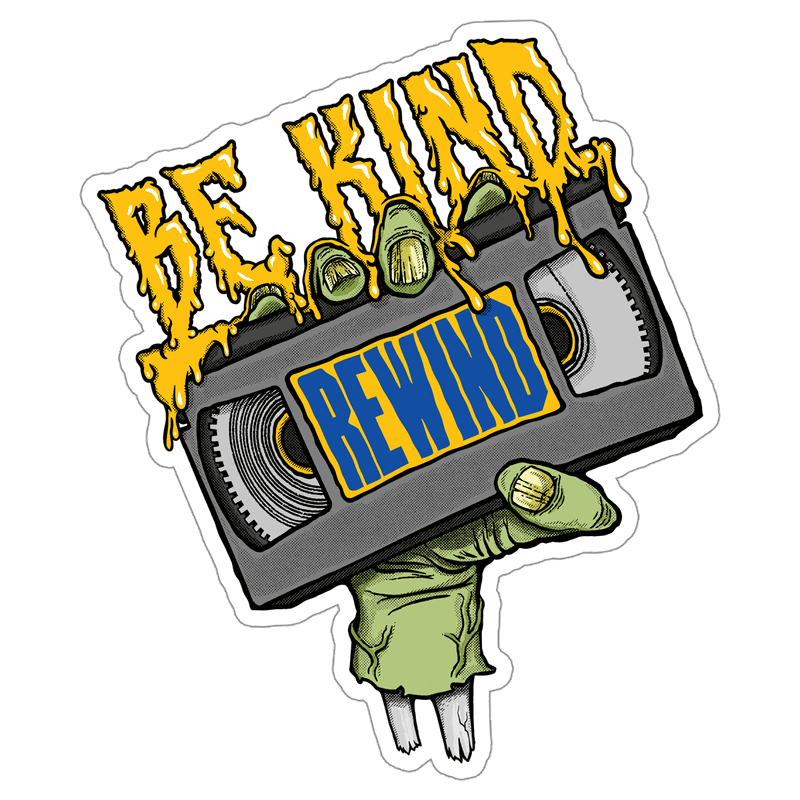
The phrase “Be kind, rewind” was a gentle reminder to rewind VHS tapes before returning them to the rental store.
With the advent of streaming services, DVDs, and Blu-rays, keeping this phrase alive is akin to preserving a relic.
Instead of this phrase, one can simply say “Be considerate” to reflect modern viewing habits.
4. Hang up the phone
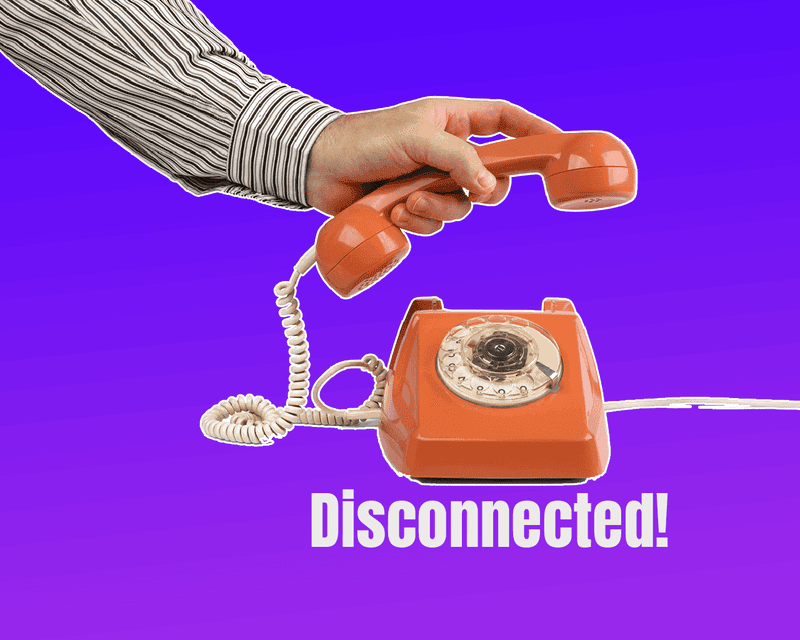
“Hang up the phone” originated from the physical action of placing a telephone receiver back on its cradle.
Modern phones have moved away from this mechanism, leaving the phrase sounding archaic.
In today’s world, saying “End the call” or “Disconnect” aligns better with the technology we use.
5. Burning the midnight oil

“Burning the midnight oil” historically referred to studying or working late into the night by the light of an oil lamp.
While the sentiment remains, the phrase feels a bit antiquated in today’s well-lit, digital age.
Using “working late” or “pulling an all-nighter” is more relatable to contemporary audiences.
6. Dialing a number

“Dialing a number” brings to mind rotary phones, which required physically turning a dial to input numbers.
With today’s touchscreens and digital keypads, the concept of dialing feels outmoded.
Simply using “call” or “enter the number” may be preferable when speaking with younger generations.
7. Roll down the window
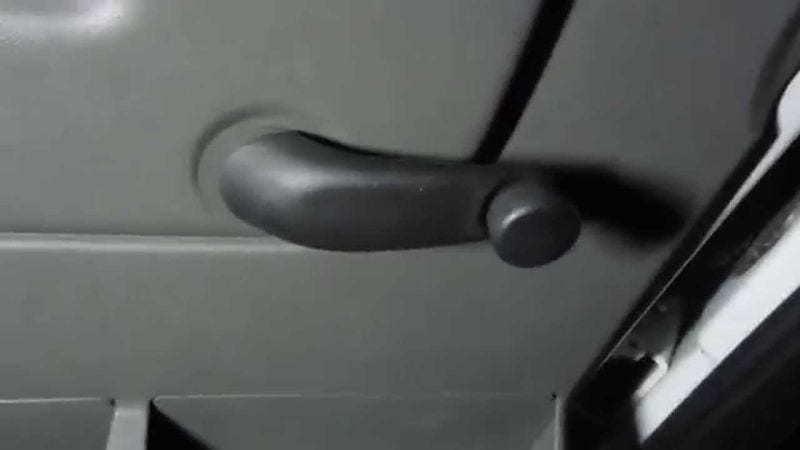
The phrase “roll down the window” comes from cars that had manual window cranks.
With the prevalence of automatic windows, “lower the window” is more in tune with modern technology.
This small linguistic adjustment can help bridge generational communication gaps.
8. Pocket change

“Pocket change” refers to small coins kept in one’s pocket, a concept that feels nostalgic in the era of credit cards and digital payments.
While cash still exists, young people are more accustomed to electronic transactions.
Using terms like “small amount” or “chump change” could better convey the intended meaning today.
9. Long-distance call

“Long-distance call” recalls a time when calling someone far away incurred significant costs.
Nowadays, internet calling and mobile plans have erased those boundaries, making this phrase seem dated.
Referring to it as simply “a call abroad” or “international call” is more relevant.
10. Carbon copy
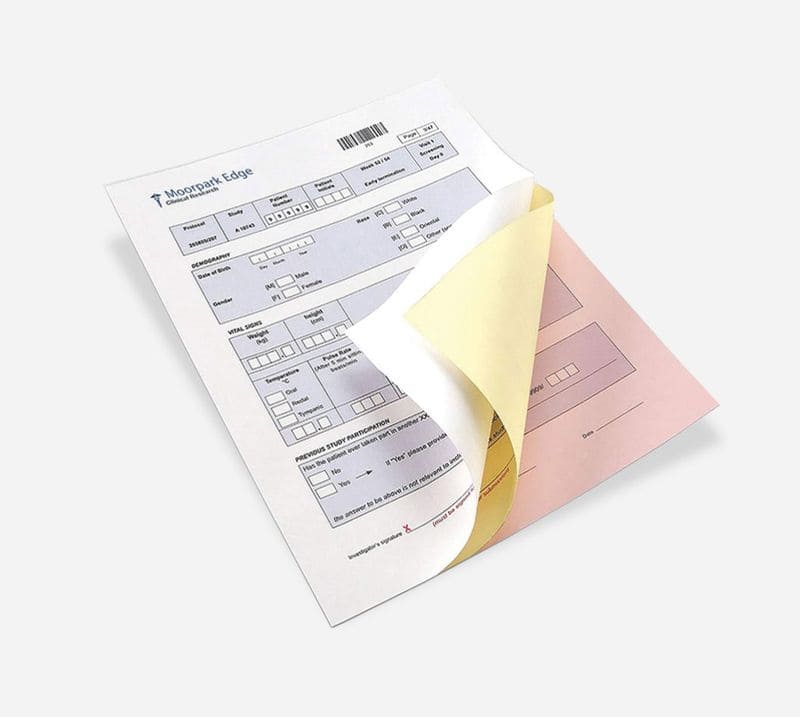
The term “carbon copy” originates from the use of carbon paper to duplicate documents.
Email’s “CC” retains the essence, but the tactile experience is lost on those who’ve never used carbon paper.
Explaining “CC” as “copying someone” is clearer for those unfamiliar with its origins.
11. Hit the hay

“Hit the hay” evokes images of sleeping on a bed stuffed with hay, a concept foreign to most modern sleepers.
Saying “go to bed” or “turn in for the night” is clearer and more direct.
This helps in making conversations smoother across generational lines.
12. Yank my chain
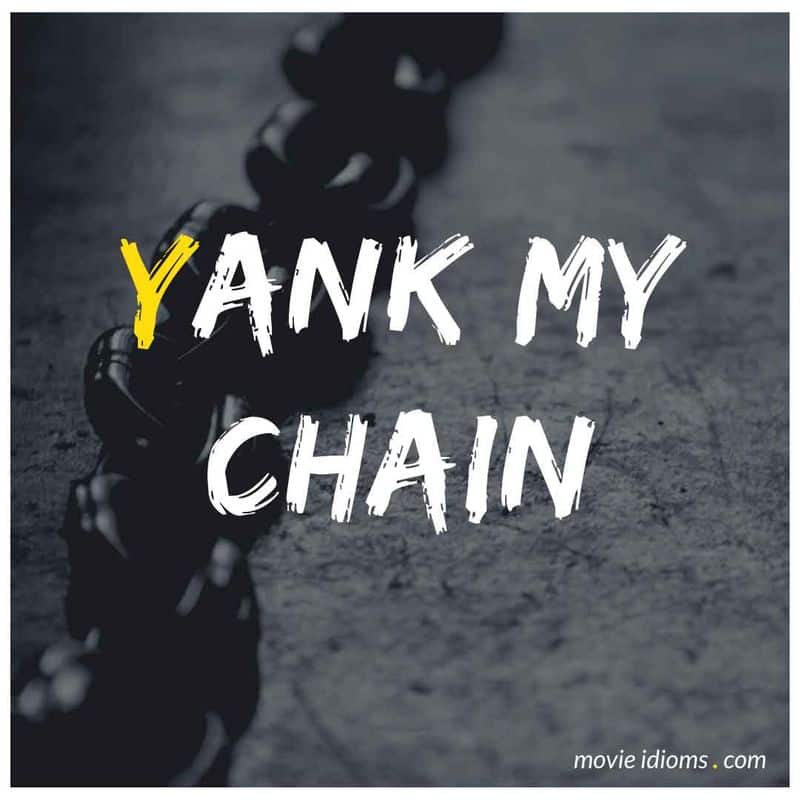
“Yank my chain” means to tease or joke with someone.
Its literal imagery can be confusing to younger audiences not familiar with such expressions.
Saying “just kidding” or “pulling your leg” might be more universally understood today.
13. Riding shotgun

“Riding shotgun” refers to sitting in the front passenger seat of a vehicle, a term with origins rooted in the Old West.
While still used, its historical context is often unknown to younger drivers.
Simply stating “sitting in the front” can make the meaning clearer without losing the essence of the phrase.

Well, hello there!
My name is Jennifer. Besides being an orthodontist, I am a mother to 3 playful boys. In this motherhood journey, I can say I will never know everything. That’s why I always strive to read a lot, and that’s why I started writing about all the smithereens I came across so that you can have everything in one place! Enjoy and stay positive; you’ve got this!

